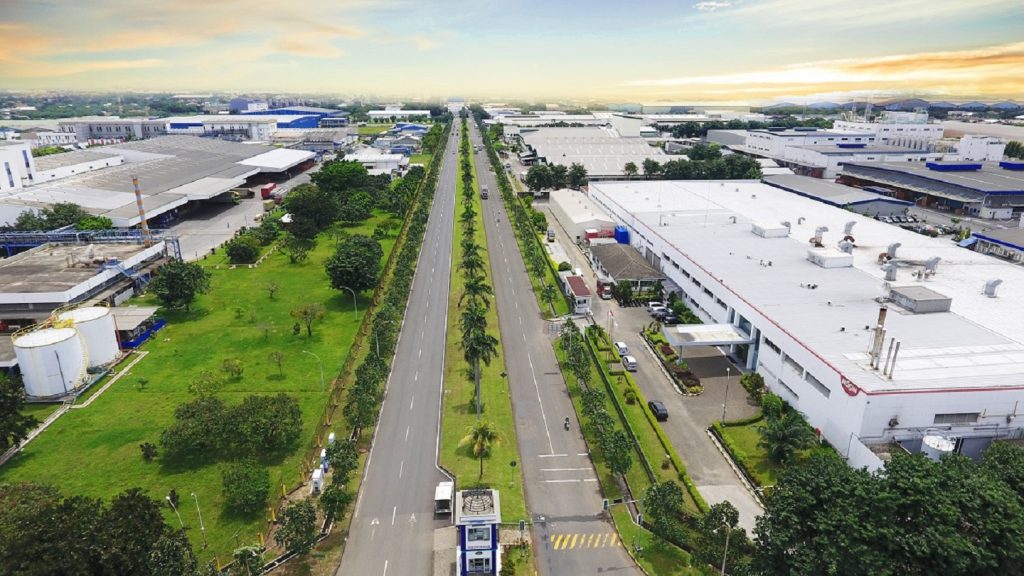The Saudi Fund for Development (SFD) has entered its first development loan agreement for the reconstruction and rehabilitation of the St Jude Hospital Project in Saint Lucia.
SFD CEO Sultan Al-Marshad and Saint Lucia Prime Minister Philip Joseph Pierre have signed the $75m agreement.
Pierre said: “Today, we are one step closer to making amends to the people of Saint Lucia, particularly to the people of the south of the island, by securing funding for the reconstruction of the St Jude Hospital.
“We have been able to achieve this milestone with the support of the Kingdom of Saudi Arabia through the SFD, as we embrace a new era of collaboration to find sustainable solutions to tackle pressing issues.”
The SFD’s development loan will aid in establishing an integrated medical centre with a capacity of roughly 100 beds to provide secondary medical treatment to the country's population.
The project also intends to renovate multiple hospital wings and sub-buildings, and as a result, the hospital will be outfitted with added amenities.
The reconstruction project was initiated after a fire at the hospital on 9 September 2009.
The fire destroyed an operating theatre, as well as the surgical ward and the paediatric wing of the hospital.
Al-Marshad said: “Today’s agreement signifies an important step in the development cooperation between both countries.
“The project to reconstruct and rehabilitate St. Jude Hospital will not only help empower local communities but also contribute towards strengthening the health sector’s capacity to cater to the requirements of Saint Lucia’s residents and the surrounding areas.”















